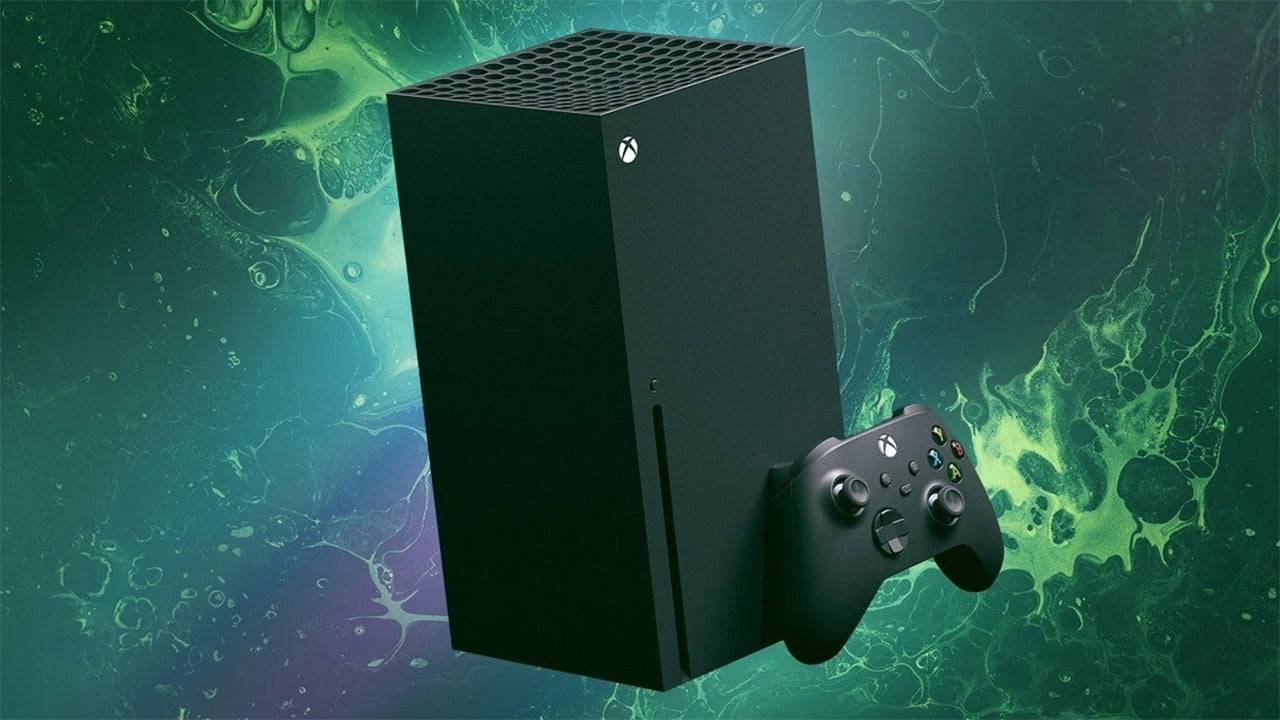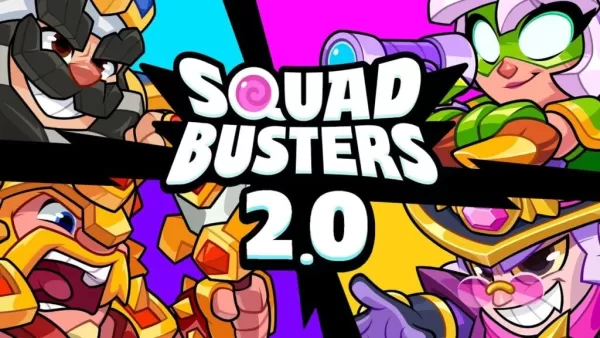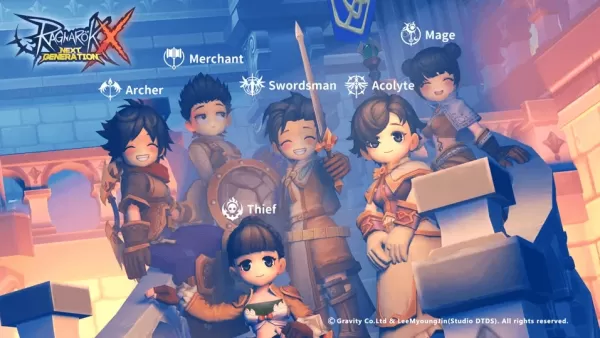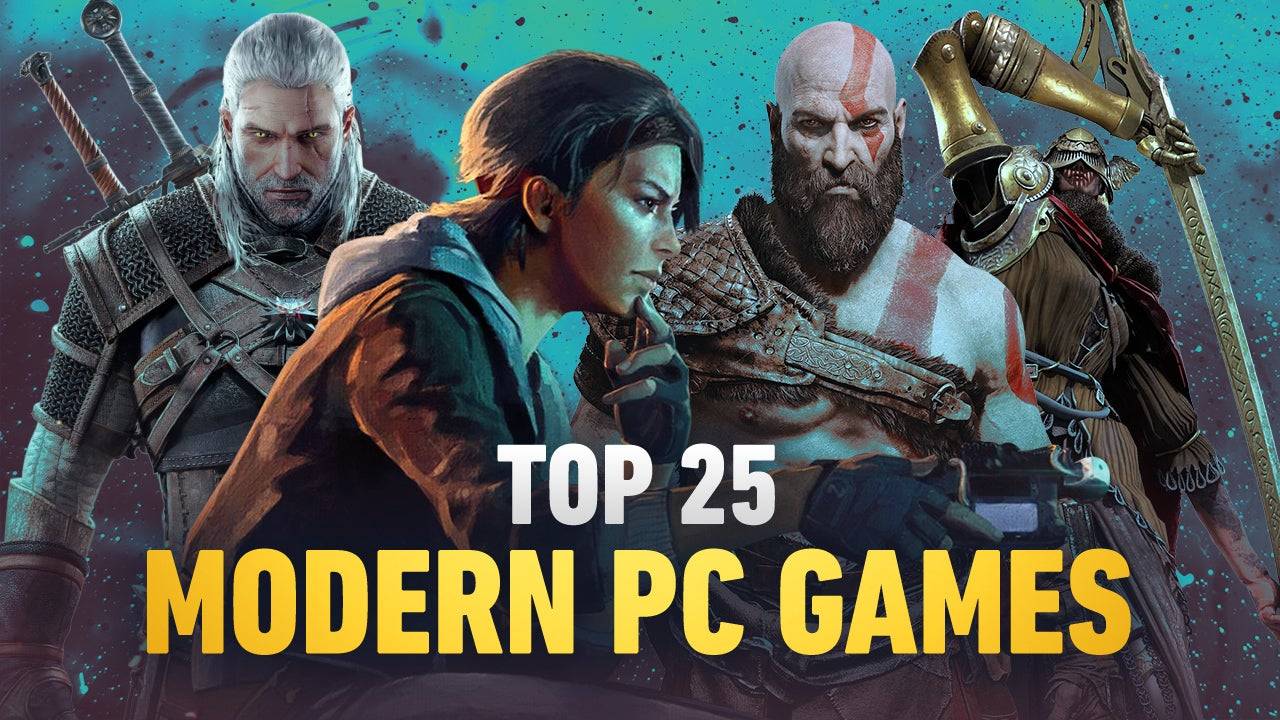Is the Console War Finally Over?
The debate between PlayStation and Xbox has long been a staple of the video game community. Whether through social media discussions, heated debates among friends, or even dedicated online forums, gamers have passionately argued the merits of each console. However, with the gaming landscape undergoing significant transformations over the past two decades, the traditional "console war" narrative has evolved dramatically. Factors such as the rise of handheld gaming and the increasing technical savviness of younger generations have reshaped the battlefield. Has a clear winner emerged from this ongoing rivalry? The answer might just surprise you.
The video game industry has surged ahead as a financial powerhouse, with its global revenue skyrocketing from $285 billion in 2019 to an impressive $475 billion in 2023. This figure eclipses the combined earnings of the global movie and music industries, which stood at $308 billion and $28.6 billion, respectively, during the same year. Projections indicate that by 2029, the video game market could reach nearly $700 billion, showcasing the industry's robust growth trajectory from its humble beginnings with games like Pong.
This financial boom has attracted high-profile Hollywood actors such as Mads Mikkelsen, Keanu Reeves, Jon Bernthal, and Willem Dafoe to star in video games, signaling a significant shift in how video games are perceived. Major corporations like Disney have also recognized this trend, investing $1.5 billion in Epic Games to strengthen their gaming portfolio. However, not all companies are riding this wave of success smoothly, particularly Microsoft's Xbox division.

The Xbox Series X and S were launched as significant upgrades over the Xbox One, but they have struggled to captivate the market. The Xbox One continues to outsell the Series X/S by nearly double. According to Mat Piscatella from Circana, the current console generation may have already hit its peak in sales, which is a concerning sign for Xbox. In 2024, the Xbox Series X/S sold fewer than 2.5 million units throughout the year, while the PlayStation 5 achieved the same sales figure in just the first quarter. Rumors of Xbox potentially exiting the console business in the EMEA region, coupled with reports of scaling back physical game distribution, suggest that Xbox might be signaling a retreat from the console war.
Microsoft's perspective, revealed during the Activision-Blizzard acquisition process, indicates that the company believes it never had a real chance in the console war. In response, Xbox has shifted its focus to Xbox Game Pass, a subscription service that underscores Microsoft's pivot towards cloud gaming. Leaked documents showed the hefty costs Xbox was willing to pay to include major titles like Grand Theft Auto 5 and Star Wars Jedi: Survivor on this platform. Microsoft's recent "This Is An Xbox" campaign further reinforces this shift, positioning Xbox not just as a console but as a comprehensive gaming service accessible across various devices.
Rumors of an Xbox handheld device and Microsoft's plans to launch a mobile game store to compete with Apple and Google underscore the company's new direction. This strategy aligns with the broader trend in the gaming industry, where mobile gaming has become the dominant force. In 2024, out of an estimated 3.3 billion gamers worldwide, over 1.93 billion play on mobile devices. Mobile gaming's market valuation reached $92.5 billion, constituting half of the total $184.3 billion video game market, while console gaming accounted for just $50.3 billion.

The dominance of mobile gaming isn't a recent phenomenon. By 2013, the Asian mobile gaming market had already outpaced the West, with South Korea and China leading the charge. Mobile games like Puzzle & Dragons and Candy Crush Saga surpassed even the likes of GTA 5 in revenue during that year. Throughout the 2010s, mobile titles such as Crossfire, Monster Strike, Honor of Kings, Puzzle & Dragons, and Clash of Clans were among the highest-grossing games globally, demonstrating the sector's significant impact on the industry.
PC gaming has also seen a steady rise, with an increase of 59 million new players each year since 2014, reaching 1.86 billion by 2024. The global PC gaming market stands at $41.5 billion, yet the gap between PC and console gaming has widened to $9 billion. Despite technological advancements and the growing tech-savviness of younger gamers, the PC gaming market is experiencing a decline, which poses additional challenges for Xbox, given its strong presence on Windows PCs.

On the other side of the console war, Sony's PlayStation 5 has enjoyed robust sales, reaching 65 million units sold to date, significantly outpacing the Xbox Series X/S's 29.7 million units. Sony's Game and Network Services reported a 12.3% profit increase, driven by strong sales of first-party titles like Astro Bot and Ghost of Tsushima Director's Cut. Projections suggest that by 2029, Sony could sell 106.9 million PS5 units, while Microsoft anticipates selling between 56-59 million Xbox Series X/S units by 2027. Sony's lead in the market is clear, but the PS5's library of exclusive titles remains relatively small, with only about 15 genuine PS5-exclusive games, which may not justify its $500 price tag for some consumers.
The launch of the $700 PS5 Pro received mixed reviews, with many feeling the upgrade came too early in the console's lifecycle. The lack of compelling new titles to showcase the PS5 Pro's capabilities has led to skepticism about its value. However, the upcoming release of Grand Theft Auto 6 could change this narrative, potentially becoming the defining game of this console generation and highlighting the PS5's true potential.
So, has the console war ended? For Microsoft, it seems there was never a real fight to begin with. Sony's PS5 has achieved success but hasn't yet made a significant leap forward in terms of exclusive content. The real victor in this evolving landscape appears to be mobile gaming, which continues to grow and influence the industry. With companies like Tencent eyeing acquisitions and mobile gaming becoming crucial for the sustainability of major game developers, the future of gaming will likely be defined by cloud gaming and mobile platforms rather than traditional console hardware. The console war may be over, but the mobile gaming war is just beginning.





























